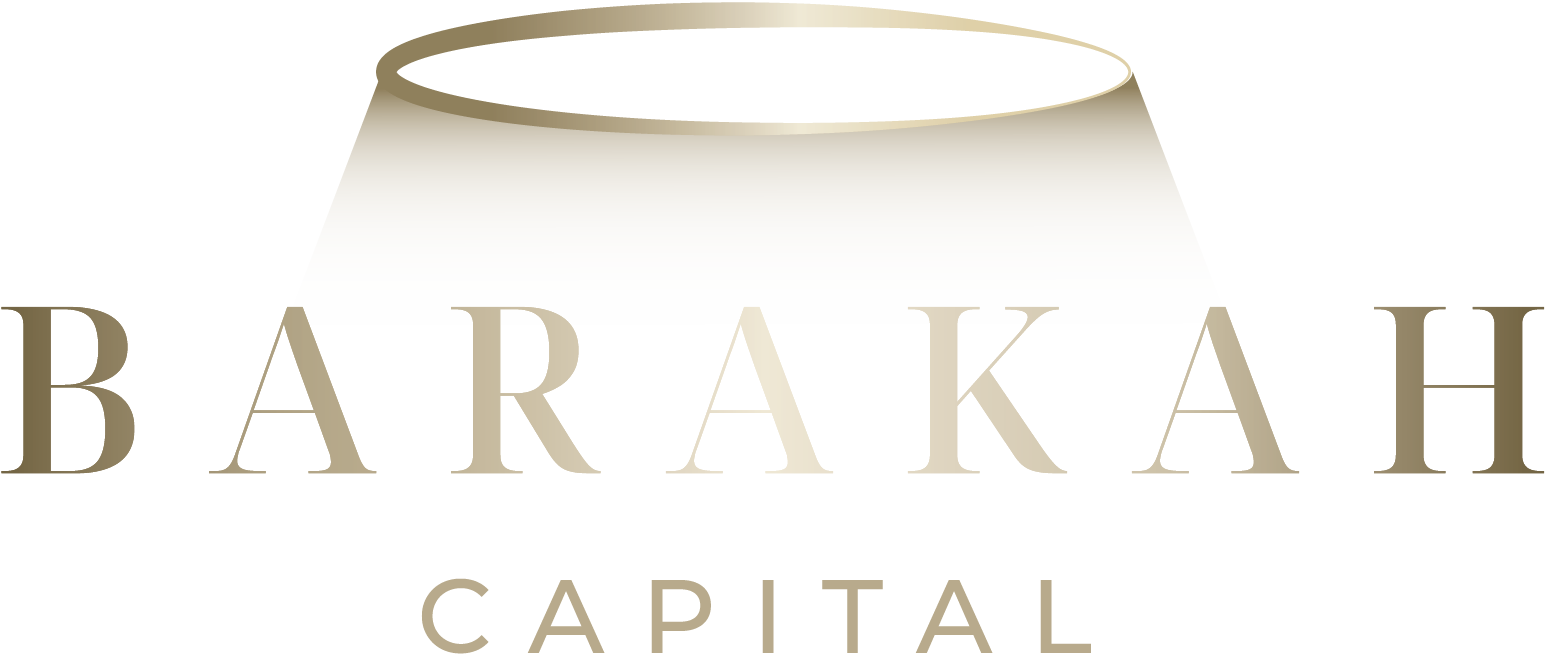Written by Founder and CEO of Barakah Capital* – Sheikh Bilal Dannoun
Celebrating ‘Eid in Islam is not just a festive occasion but a blend of spiritual rituals and social etiquettes that reflect the profound essence of Islamic teachings. Here’s a concise overview of the Sunnah acts and etiquettes for ‘Eid.
- Performing Ghusl (Ritual Bath) Before the ‘Eid Prayer: It is Sunnah to perform ghusl before heading out to the ‘Eid prayer. This act of purification, practiced by ‘Abd-Allah ibn ‘Umar and endorsed by Islamic scholars, signifies the importance of cleanliness and preparation for a communal gathering, setting a tone of reverence and sanctity for the day.
- Eating Before the ‘Eid al-Fitr Prayer: On ‘Eid al-Fitr, it is recommended to eat an odd number of dates before leaving for the prayer. This practice, following the Prophet’s tradition, marks the end of Ramadan’s fasting. It symbolizes the transition from fasting to feasting, underscoring gratitude for Allah’s provisions.
- Reciting Takbir: The recitation of Takbir from home to the prayer site is a powerful communal act of faith. Starting from the night before ‘Eid for ‘Eid al-Fitr, it serves as a vocal expression of Allah’s greatness and mercy, uniting the community in a chorus of devotion and gratitude.
- Exchanging Greetings and Congratulations: Exchanging greetings such as “Taqabbala Allah minna wa minkum” (May Allah accept from us and you) fosters a sense of unity and goodwill. This tradition, rooted in the practice of the Prophet’s Companions, highlights the communal joy and brotherhood that ‘Eid brings.
- Adorning Oneself with the Best Clothes: Dressing in one’s best attire for ‘Eid, without extravagance or immodesty, is encouraged to honor the occasion. This practice, which respects Islamic guidelines on modesty, signifies the dignity and respect attributed to Islamic festivals.
- Taking Different Routes to and from the Prayer Ground: The Sunnah of taking different routes to and from the prayer ground encapsulates multiple intentions, from displaying Islamic symbols to fulfilling social and familial obligations. This enriches the ‘Eid experience, embedding it with deeper spiritual and communal dimensions.
Observing these Sunnah acts and etiquettes during ‘Eid not only enhances the spiritual and communal aspects of the celebration but also aligns the festivities with the teachings of Islam. ‘Eid is a time for Muslims to express gratitude, reflect on their faith, and rejoice in the unity and blessings of their community, guided by the example of the Prophet Muhammad (peace and blessings of Allah be upon him).
Eid Mubarak!
* Barakah Capital is committed to Shariah-compliant, ethical investment opportunities, prioritizing positive impact alongside profit. Our mission extends beyond financial gains to fostering hope and prosperity within our Ummah. With Allah’s will, we aim to grow by dedicating a significant portion of our profits to charity—starting with up to one-third and planning to increase this share as we expand. Our investments, historically yielding over 15% ROI on average, support our vision of empowering the oppressed, the poor, and those seeking wealth for noble causes. This initiative is more than an investment; it’s a commitment to empower our community and contribute to a legacy of widespread benefit.




